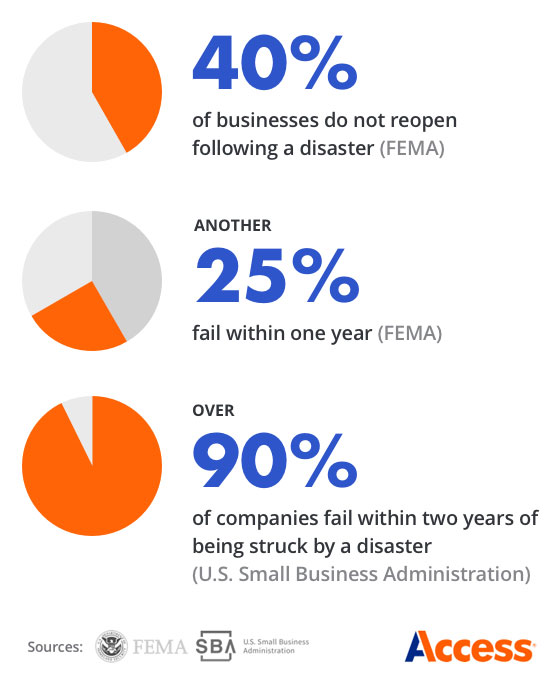Firms warned over legal impact of disasters – StartupSmart
Employers are being urged to review their legal obligations to staff affected by unexpected disasters such as the Queensland floods, according to legal experts.
Kristin Duff, senior associate at Harmers Workplace Lawyers, says many Queensland business owners were in doubt over their legal obligations towards staff who could not come to work or whose jobs had been lost due to the floods.
According to Duff, provisions within the Fair Work Act enable employers to temporarily stand down employees who cannot be employed due to a breakdown of machinery or equipment.
“Such provisions may also apply where employers are unable to provide employees with work due to circumstances outside the employer’s control, such as flooding, fire or electrical failure,” Duff says.
“The stand-down provision gives employers an alternative to simply terminating the employment of an employee in situations where the employer temporarily has no work for the employee to perform.”
Before employers stand down employees, Duff says they need to consider whether there is other work the employee can complete or whether it can be completed from another location such as their home.
According to Duff, failure to consider alternative work options could potentially give employee grounds to challenge the employer’s decision.
Duff says many businesses don’t consider their legal obligations until an employee becomes disgruntled and makes a claim.
“The claims that you’re looking at are typically around unfair dismissal because employers tend to seek advice after the fact, but they should seek advice beforehand,” she says.
With regard to offering employees assistance in the event of a disaster, Duff says some employers provide additional paid time off or accommodation assistance, but smaller employers may not be able to be as generous.
“For businesses which cannot afford to offer additional assistance to their employees, other options to consider are allowing staff to access accrued leave entitlements or otherwise allowing them to take unpaid leave,” she says.
“It is also necessary to consider flexible work options such as allowing the employee to work remotely or changing their hours.”
Duff says employers must remember to ensure they treat their employees consistently.
She also advises businesses to review their business continuity plans to ensure they are not caught out in the event of a disaster.
“Ensuring proper backups are in place as well as providing staff with the capacity to work offsite could be of significant assistance in such a situation,” Duff says.

